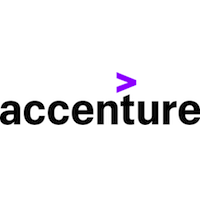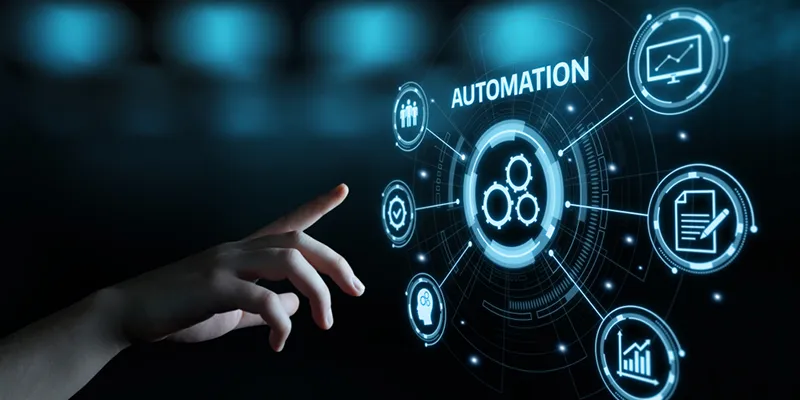
Accenture Ventures
View Brand PublisherHow co-innovation with Applied Intelligence can be a game changer for automation
One of Italy’s oldest newspapers, Il Secolo XIX, was facing a challenge like most other dailies around the world – sustaining and growing a loyal readership. As a pioneering daily that was at the forefront of being early adopters of technology – colour printing, integrated newsrooms, multi-channel digital presence, or social media engagement, Il Secolo XIX believed the solution to this problem could be found in Artificial Intelligence (AI). It wanted to explore AI to grow digital traffic, reader loyalty, and company revenues, while maintaining the very highest standards of journalistic excellence.
When the answer lies in automation
Teaming with Accenture, Il Secolo XIX embedded an AI-powered digital assistant into its newsroom. Using advanced machine learning techniques, Accenture trained algorithms powerful enough to analyse and classify the paper’s content in real time. From continuously checking the text for data consistency, suggesting links to sources, offering prompts to relevant content and in a host of other ways, the AI assistant helped journalists in the newsroom craft better stories. In just six months, the entire newsroom was using the assistant to increase their productivity, boost the quality and accuracy of their journalism, make new connections between stories, and create rich digital content. With this premium content came new opportunities to grow revenues through print and digital subscriptions for Il Secolo XIX. The AI assistant did not just make Il Secolo XIX's journalists' jobs easier, but also changed the core of how quality content gets created.
This is just one of the examples that shows how automation has come far ahead from one of its earliest practical applications – that of a telephone switching machine remotely controlled by a telephone operator.

Today, automation is no longer limited by definition to a metallic humanoid or a programmed machine handling key activities. Its application is not limited to a manufacturing or industrial setup. Key automation technologies like Robotic Process Automation (RPA) combined with advanced technologies such as Machine Learning and Cognitive Computing are applying judgement, learning, and adapting based on previous actions and experiences, and not just mimicking human-digital interactions. Virtual agents or chatbots, as they are commonly known, not only handle basic customer queries, but also complex interactions that enable customer acquisition, support, retention and even key functions such as sales, marketing and payment collections. From helping customers find information for a particular query to helping choose a product, today bots do it all.
The pervasiveness and the popularity of these applications are an indication of how automation has become indispensable to businesses today, and more importantly, all-pervasive.
Analytics, AI, and automation: efficiency is all about the As
In spite of the advancements in technology, especially intelligent technology -- businesses find themselves challenged. This is why Applied Intelligence is becoming ever so relevant. Made up of three interwoven solutions: analytics, Artificial Intelligence, and automation, Applied Intelligence is a smarter, faster and more effective approach to collecting, processing and analysing data, and creating insights. Applied Intelligence aims to help identify clear opportunities to act on, and automate actions wherever possible to unlock business value.
Another reason for the growing popularity of Applied Intelligence is that it does not work in silos. According to Accenture, Applied Intelligence helps businesses maximise existing investments and then extend new technologies across the business. Applied Intelligence enables businesses take a focused approach, to understand and decide which technology to use, and how to apply it across the business, at scale.
Pushing the boundaries of Applied Intelligence through co-innovation
To further push the innovation quotient in an emerging technology like Applied Intelligence, Accenture believes co-innovation is the key. In fact, co-innovation has been a vital part of Accenture’s Innovation Architecture, as part of which organisations from different industries work with startups to apply emerging technologies and catalyse growth.
The second edition of the Accenture Ventures Applied Intelligence Challenge seeks to co-innovate with startups with expertise in intelligent automation, like RPA, IT process automation and virtual agents.
The challenge also acts as a bridge to the global innovation ecosystem and helps startups gain a competitive advantage. That apart, startups are also invited to join a special cohort programme, get a Proof of Concept (PoC) development opportunity with Accenture client(s), the opportunity to co-create at Accenture Ventures’ Centre of Excellence (CoE) in Bengaluru, an exclusive opportunity to present to the Accenture Advisory Board, access to industry forums such as NASSCOM, CII, FICCI and other benefits.



1560347656770.png?fm=png&auto=format&h=100&w=100&crop=entropy&fit=crop)







